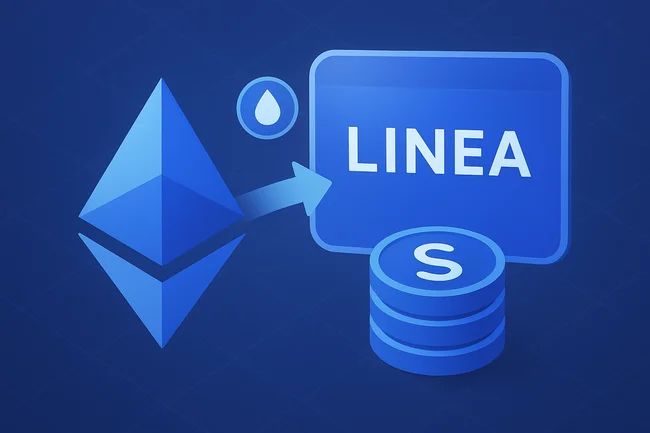Traffic filtering refers to the process of analyzing and managing data packets transmitted within a network to ensure the security and efficiency of transactions. In blockchains and crypto networks, this involves scrutinizing incoming and outgoing communications to detect and prevent malicious activities.By employing various algorithms, nodes can identify suspicious behavior, such as double spending or Distributed Denial of Service (DDoS) attacks. Filtering helps maintain the integrity of the network by allowing only legitimate transactions and blocks to be processed.Additionally, traffic filtering supports the overall scalability of the network. By reducing the amount of unnecessary or harmful data, it ensures that useful transactions are prioritized, leading to faster processing times.Ultimately, effective traffic filtering enhances user trust and safety, as it helps block spam, fraud, and other risks associated with peer-to-peer transactions and blockchain operations. This process is crucial for maintaining a robust and reliable ecosystem for all participants.
Aave Labs Acquires Stable Finance to Expand Consumer DeFi Products
Aave Labs has acquired Stable Finance, a San Francisco-based fintech company focused on stablecoin savings, in a move to strengthen



